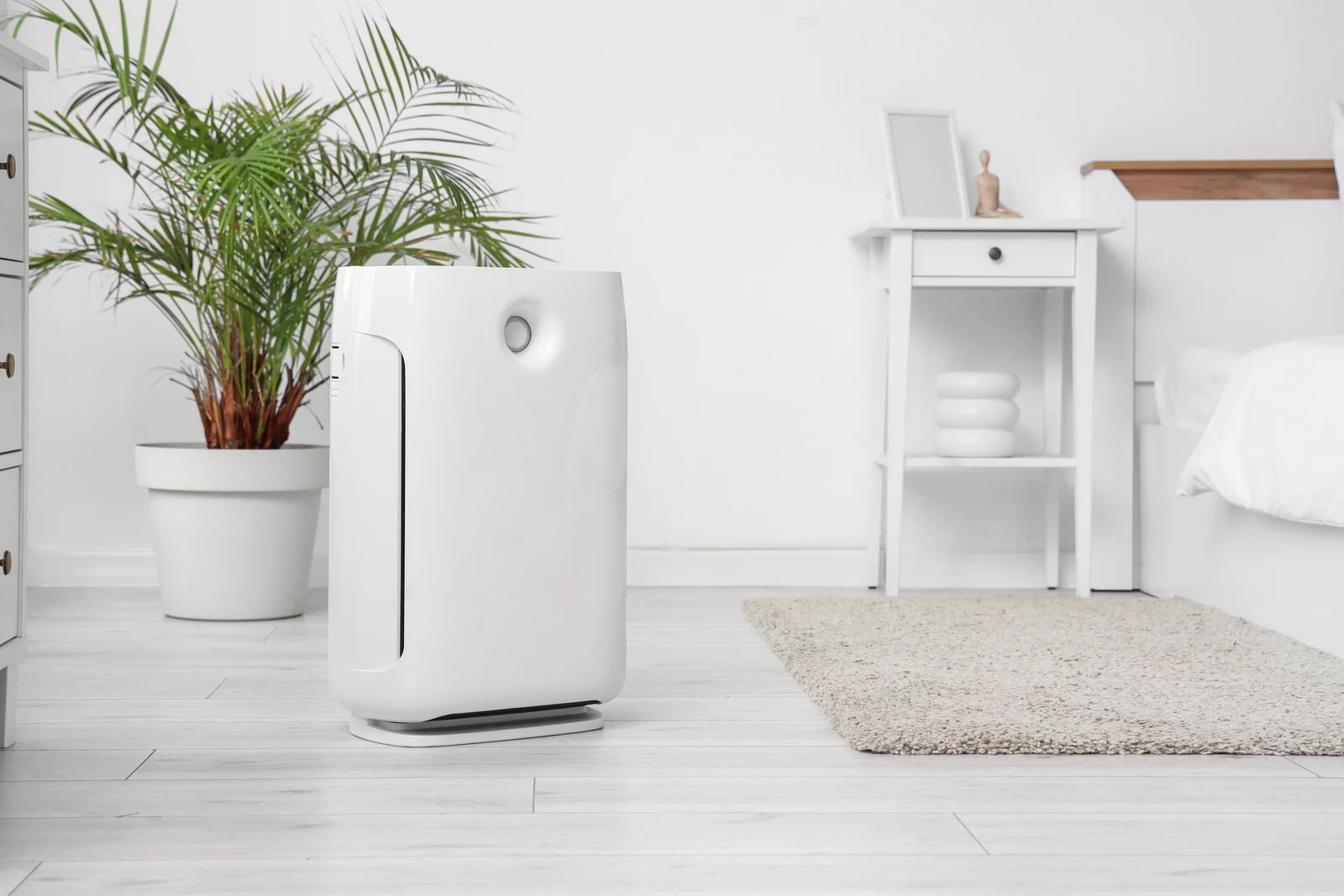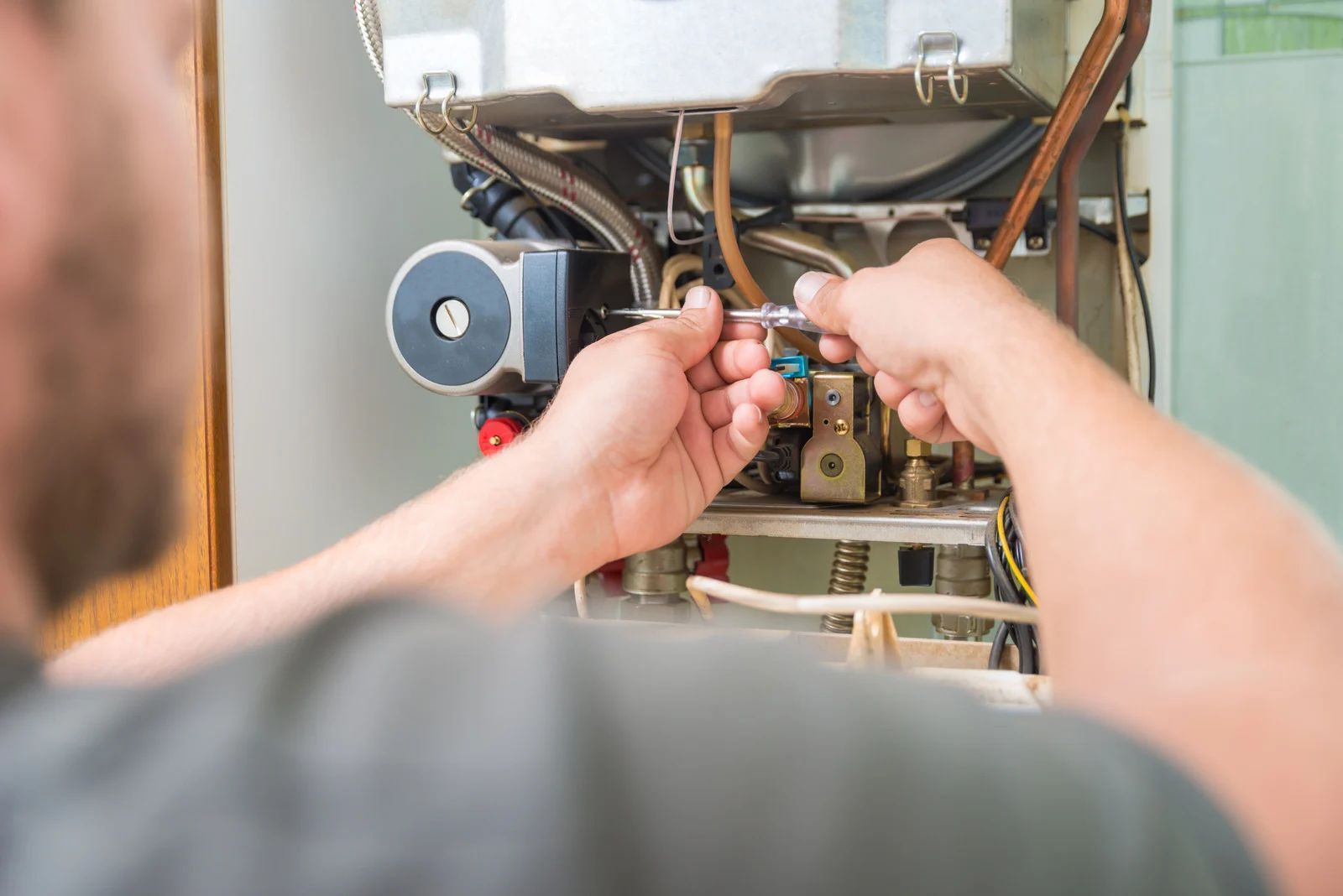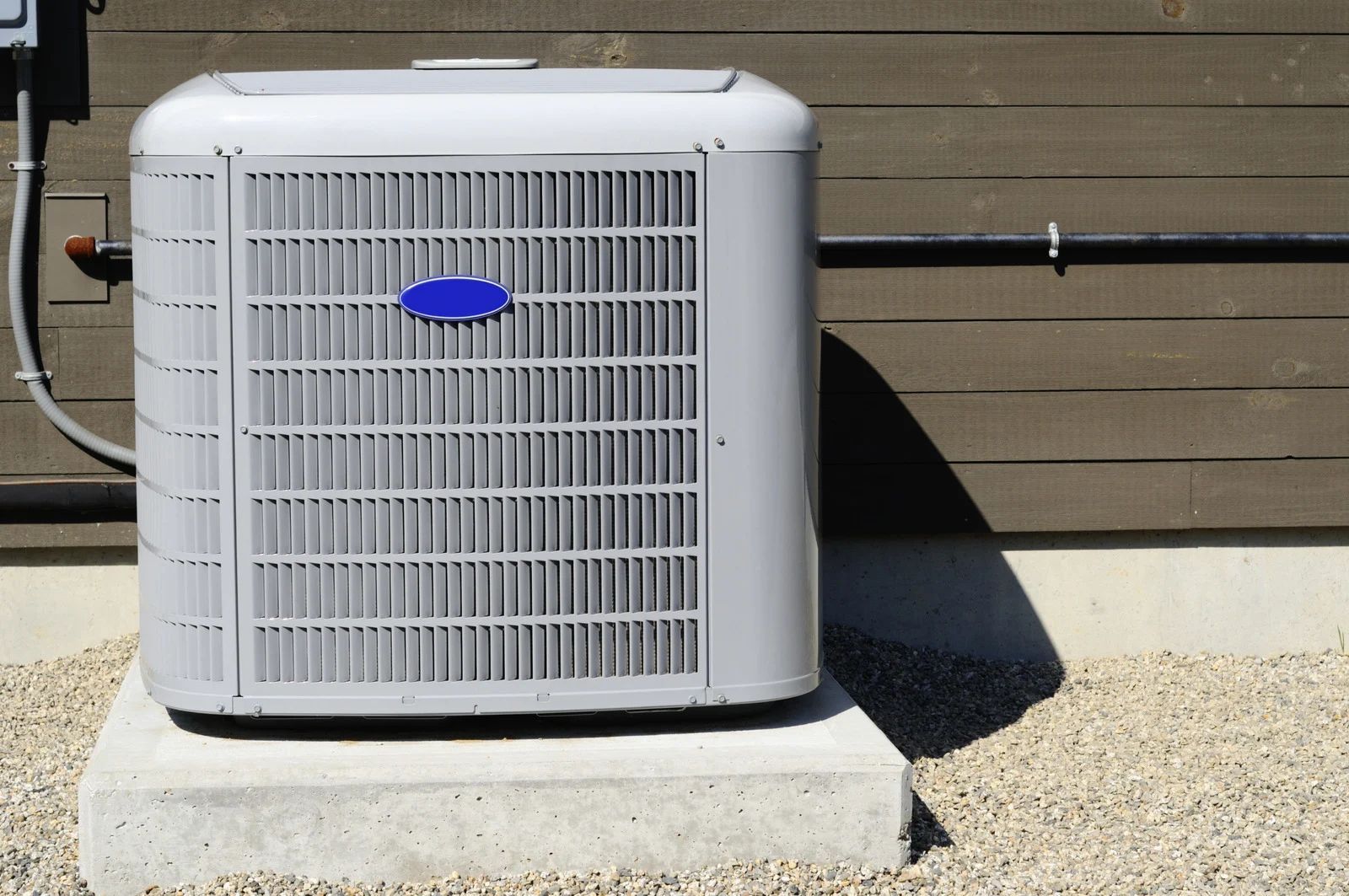Tank vs. Tankless Water Heaters: Which Is Right for Your Home?
Choosing the right water heater is a key decision for any homeowner. With options like traditional tank water heaters and modern tankless systems, it's important to understand the pros and cons of each. Your choice can affect your energy bills, water usage, and even your comfort level during everyday tasks like showering or doing dishes. So, which system is right for your home?
Understanding Tank Water Heaters
Tank water heaters are the most common type found in American homes. These systems store a set amount of hot water—usually between 30 and 80 gallons—in an insulated tank. As water is used, the tank refills and reheats.
They are typically less expensive upfront, and installation is straightforward. Maintenance is also relatively simple. However, once the stored hot water runs out, it can take time for the tank to reheat a full supply, meaning you might face cold showers during high usage periods. They also tend to have a shorter lifespan and can use more energy to maintain the water temperature.
Exploring Tankless Water Heaters
Tankless, or on-demand, water heaters heat water only when it’s needed. Instead of storing hot water, they use high-powered burners to heat water instantly as it flows through the unit. This provides a virtually endless supply of hot water.
Tankless systems are more energy-efficient because they eliminate standby heat loss. They also have a longer lifespan, often lasting 20 years or more. On the downside, they can be more expensive to purchase and install, and some models may struggle to meet demand in large households unless multiple units are installed.
Energy Efficiency Comparison
Energy efficiency is a major factor in choosing between the two. Tankless water heaters generally use 24–34% less energy for homes that use 41 gallons or less of hot water daily. However, for homes with higher water usage, the savings drop slightly. Traditional tank models can be equipped with energy-saving features, but they still consume more power overall due to constant heating.
Installation and Maintenance Costs
Upfront costs for tank
water heaters are lower, and the installation process is typically less complex. Tankless units, though pricier at the outset, can offer savings in the long run through reduced energy bills and longer operational life. Maintenance differs as well—tank models require periodic flushing to prevent sediment buildup, while tankless systems may need descaling in areas with hard water.
Determining the Right Fit for Your Home
To decide which system suits your household best, consider your family size, water usage habits, and budget. Smaller households or homes with limited space may benefit from tankless systems. Larger families who use a lot of hot water at once might lean toward larger tank models or a hybrid system. Energy-conscious homeowners looking for long-term savings often prefer tankless heaters despite the higher initial cost.
Whether you're leaning toward a traditional tank or an energy-saving tankless model, getting professional guidance makes all the difference. At 303 Heating & Air, Inc, we’ve been helping Aurora, Colorado, homeowners choose and install the right water heaters for over 21 years. Our team will evaluate your household needs and recommend the most efficient, cost-effective solution. Contact us today to schedule your consultation and get reliable hot water when you need it most!




